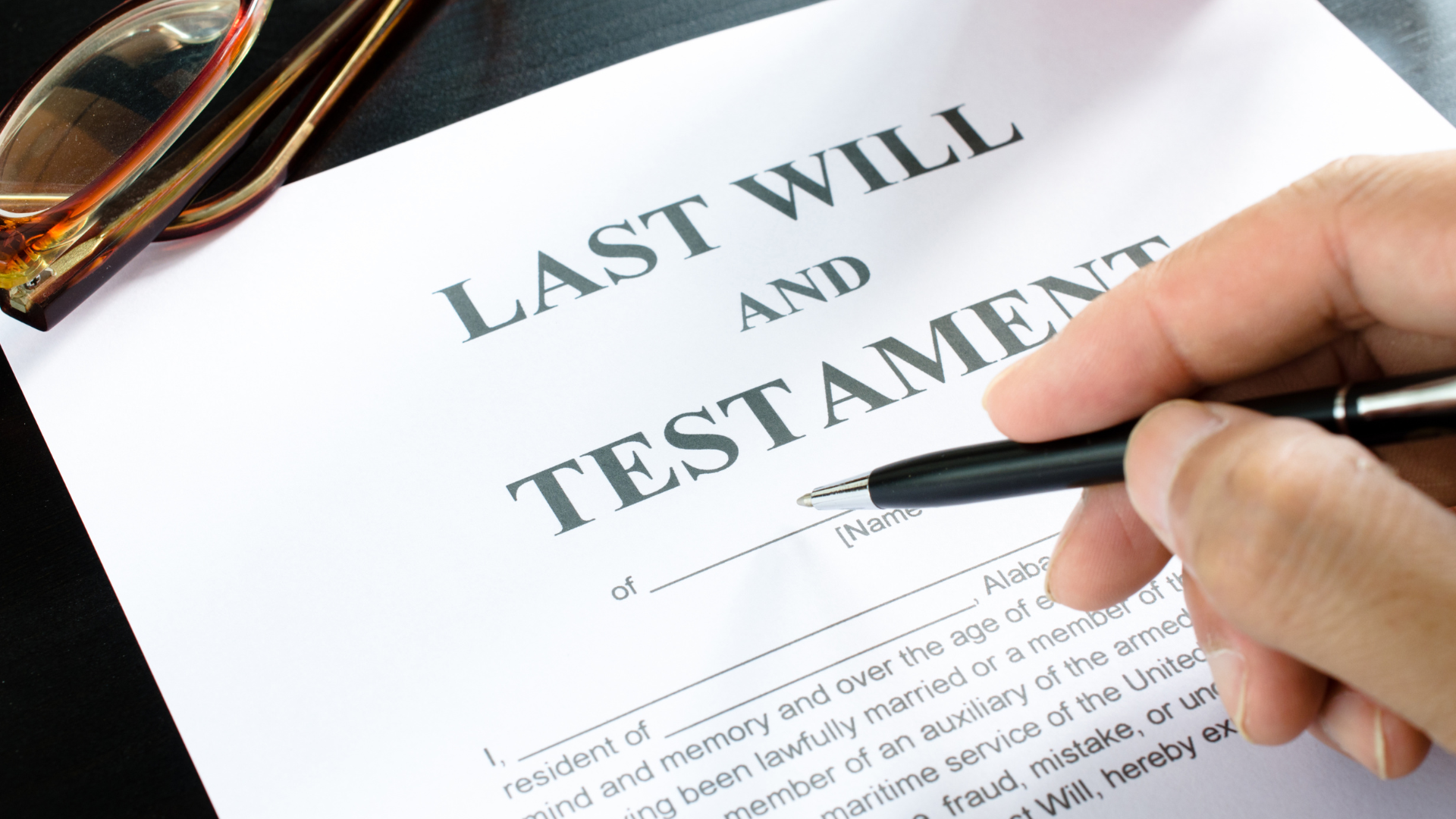Declare Homestead on California Property Held in a Revocable Trust?
If you’re a California homeowner with property held in a revocable trust, you may be wondering whether you should or could declare homestead on that property. It’s an important question because declaring homestead can offer significant benefits, such as property tax savings and protection from creditors. However, the rules for homestead declarations can be a bit tricky when the property is held in a trust. Here’s what you need to know.
What is a Homestead Declaration in California?
In California, a homestead declaration allows you to protect a certain amount of equity in your primary residence from creditors in case of bankruptcy, a lawsuit, or other financial troubles. The homestead exemption also can provide property tax savings under certain circumstances. In California, the homestead exemption can protect up to $600,000 in equity, depending on your county and other factors.
How Does This Apply to a Revocable Trust?
When you place your property in a revocable trust, you’re still the owner for all practical purposes—you retain control over the property as the trustee and beneficiary. However, because the title to the property is held by the trust, not directly by you, there may be some confusion about whether you can declare homestead on the property.
The Answer: Yes, You Can Declare Homestead on Property in a Revocable Trust in California
In California, you can declare homestead on property held in a revocable trust, as long as the property is your primary residence. The state’s homestead law does not require the property to be in your individual name, as long as you retain control of the property as the trust’s beneficiary.
However, to officially declare your homestead, you will need to file a Homestead Declaration with the county recorder where the property is located. This document is separate from your trust’s paperwork and must be filed in the county where the property is situated.
Why Should You Declare Homestead on Property in Your Trust?
- Creditor Protection : The primary benefit of declaring homestead is creditor protection. If you face bankruptcy or a lawsuit, California’s homestead exemption will help protect a portion of your home’s equity. This exemption can shield up to $600,000 in home equity, depending on where you live. Without declaring homestead, your property may not be fully protected.
- Tax Benefits : While California doesn’t have a specific “homestead tax exemption” like some other states, there are local property tax benefits available for certain qualifying seniors, disabled individuals, and veterans. Declaring homestead can also signal to local authorities that you consider the property your primary residence, which can help with tax-related benefits and exemptions in the future.
- Peace of Mind : Having a homestead declaration in place gives you peace of mind, knowing that your primary residence has a layer of protection against creditors, which is especially important if your home is a significant asset in your estate.
What’s the Process for Declaring Homestead in California?
- Fill Out a Homestead Declaration Form : You can obtain a form from your county’s recorder’s office or website. The form asks for basic information, including your name, the address of the property, and your declaration that this property is your primary residence.
- File the Declaration : Once completed, you need to file the Homestead Declaration with the county recorder where the property is located. There is typically a small filing fee.
- Update Your Trust Documents (Optional) : While not required, you may also want to update your revocable trust documents to reflect that the property is being treated as your primary residence for homestead purposes.
Conclusion
In California, declaring homestead on property held in a revocable trust is a smart move if you want to protect your home from creditors and take advantage of potential financial protections. While the process is straightforward, it’s important to file the Homestead Declaration with your county recorder to ensure that your home’s equity is safeguarded.
If you’re unsure about whether you’ve properly declared homestead or have specific questions about your trust and property, it may be helpful to consult with a legal professional familiar with California’s homestead laws to ensure your protections are in place. Planning ahead can provide both financial and emotional peace of mind in the long run.



